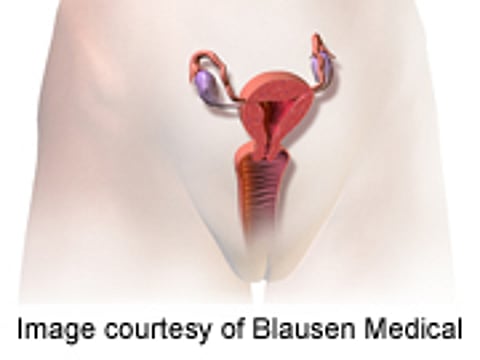TUESDAY, Feb. 12 (HealthDay News) -- The majority of obstetrician-gynecologists perceive bimanual pelvic examinations as important for adult women of all ages, although the reasons cited for performing the exam vary widely, according to a study published in the February issue of the American Journal of Obstetrics & Gynecology.
Jillian T. Henderson, Ph.D., M.P.H., from the University of California in San Francisco, and colleagues conducted a nationwide survey of U.S. obstetrician-gynecologists (521 respondents) to examine their examination practices and beliefs based on vignettes for asymptomatic women across the lifespan.
The researchers found that, across the lifespan, almost all obstetrician-gynecologists performed bimanual pelvic examinations in asymptomatic women, although this was perceived as less important for a newly sexually active 18-year-old. Adherence to standard medical practices (45 percent), patient reassurance (49 percent), detection of ovarian cancer (47 percent), and identification of benign uterine (59 percent) and ovarian (54 percent) conditions were cited as reasons for importance of the exam.
"Our study serves as an important baseline for nationwide practices immediately prior to a time when the well-woman visit is being redefined," the authors write. "Further research would be useful in determining optimal ways to educate providers and patients about the appropriate use of this examination in asymptomatic [women]."
Abstract
Full Text (subscription or payment may be required)


